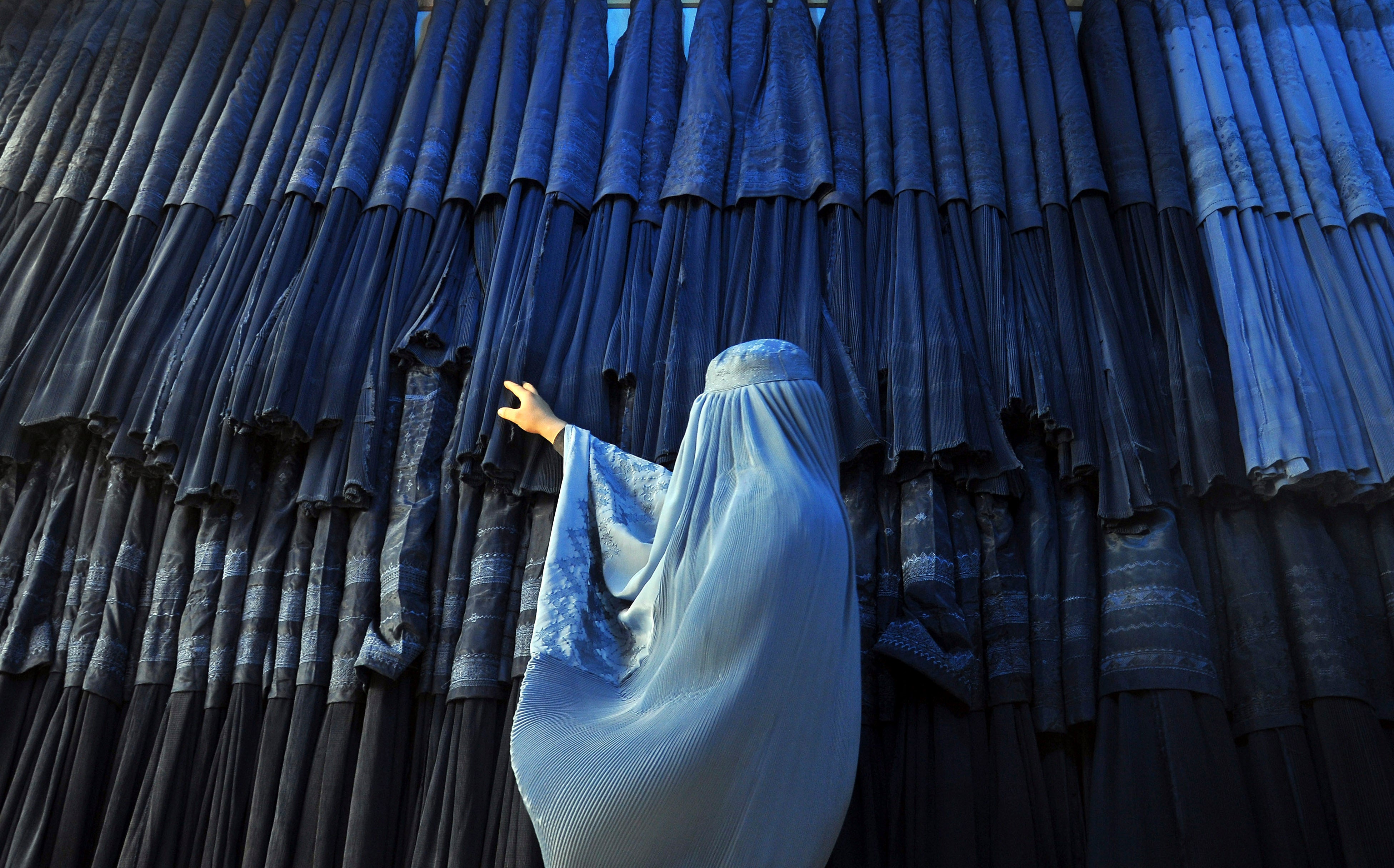Woman arrested after accusing Taliban official of rape
An Afghan woman has been arrested by the Taliban after she appeared in a video on social media accusing a senior Taliban official of rape

Your support helps us to tell the story
From reproductive rights to climate change to Big Tech, The Independent is on the ground when the story is developing. Whether it's investigating the financials of Elon Musk's pro-Trump PAC or producing our latest documentary, 'The A Word', which shines a light on the American women fighting for reproductive rights, we know how important it is to parse out the facts from the messaging.
At such a critical moment in US history, we need reporters on the ground. Your donation allows us to keep sending journalists to speak to both sides of the story.
The Independent is trusted by Americans across the entire political spectrum. And unlike many other quality news outlets, we choose not to lock Americans out of our reporting and analysis with paywalls. We believe quality journalism should be available to everyone, paid for by those who can afford it.
Your support makes all the difference.The Taliban announced they have arrested and will soon sentence an Afghan woman who appeared in a video on social media earlier this week and said a senior Taliban official forced her into marriage and raped her repeatedly.
In the video, the woman, who identified herself only by her first name Elaha, wept as she described being beaten and raped by former Taliban Interior Ministry spokesman Saeed Khosti. She said she was speaking from an apartment in Kabul where the Taliban had confined her after she tried to escape the country, and she pleaded for rescue.
"These may be my last words. He will kill me, but it is better to die once than to die every time,” she said.
Late Wednesday, a day after the video surfaced, the Taliban-run Supreme Court said in a tweet that Elaha had been arrested for defamation on orders of the chief justice Abdul Hakeem Haqqani. Without mentioning any trial taking place, it said she would “soon be sentenced according to Sharia law.”
“No one is allowed to harm the name of Mujahideen or defame the Islamic Emirate of Afghanistan and the 20-years of holy jihad,” it said, referring to the Taliban and their war against U.S.-led troops and the U.S.-allied government, which the hardline insurgents toppled just over a year ago.
Since the Taliban takeover of the country in August 2021, Afghan women activists, as well as Amnesty International, have reported an increase in forced marriages of women — including cases where Taliban officials coerced women into marriage by intimidating them or their families.
In the video, Elaha identified herself as a medical student at Kabul University and the daughter of an intelligence service general under the former government. She said Khosti had forced her into marriage six months ago, when he still held the spokesman post. Khosti tried to marry her sister to another Taliban official, but her family successfully fled, she said.
“Saeed Khosti beat me a lot. Every night he raped me," she said, breaking into tears.
She said she tried to escape to neighboring Pakistan, but the Taliban arrested her at the border crossing and brought her back to Kabul and confined her to an apartment there. After they brought her back, she heard a Taliban member telling Khosti that she had lived under the former government for 20 years and should be stoned to death as an infidel, she said.
In tweets Wednesday, Khosti confirmed that he had married Elaha, but he denied mistreating her. “I assure you that I have not done anything illegal,” he wrote. In recent months, Khosti was transferred out of his spokesman post and it is not clear what his new position is.
Khosti said he divorced her after finding she “has a problem in her faith” and he accused her of insulting Islam's holy book, the Quran.
Elaha's video was widely shared on Facebook, Twitter and WhatsApp groups, sparking a wave of calls for help and denunciations of the Taliban from women activists.
Since seizing power, the Taliban have imposed increasing restrictions on women. They have prevented many women from working, barred teenage girls from school and required women in public to cover themselves completely except for their eyes. The world has refused to recognize the Taliban’s rule, demanding it respect human rights and show tolerance for other groups.